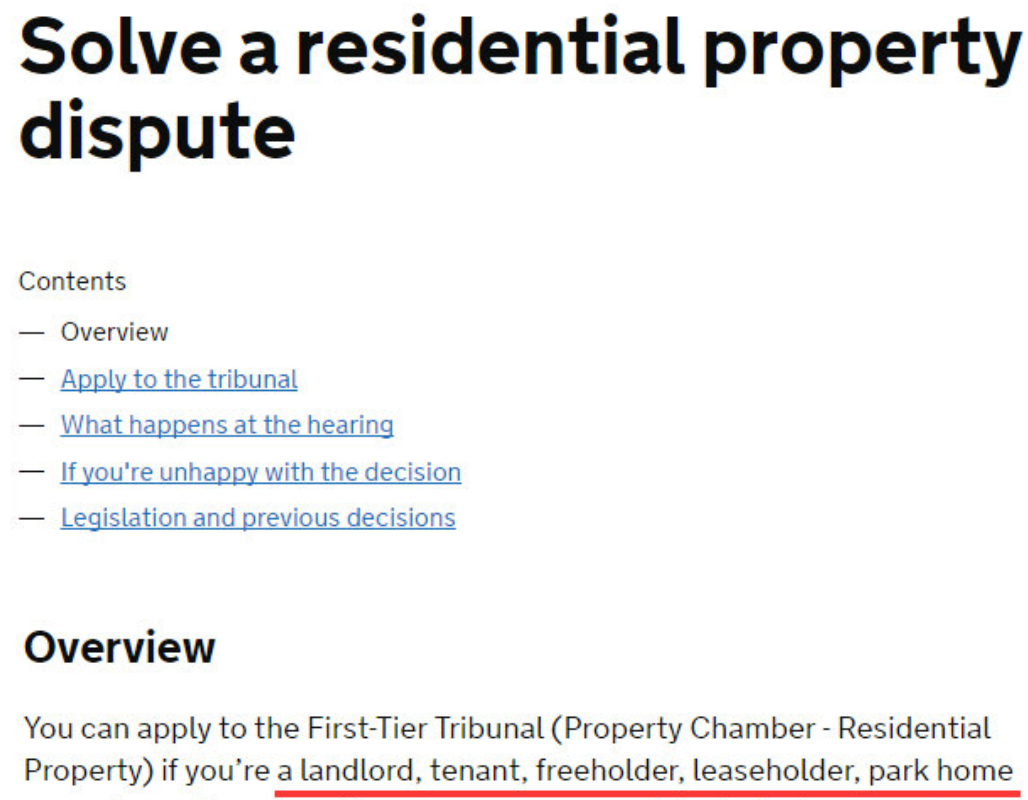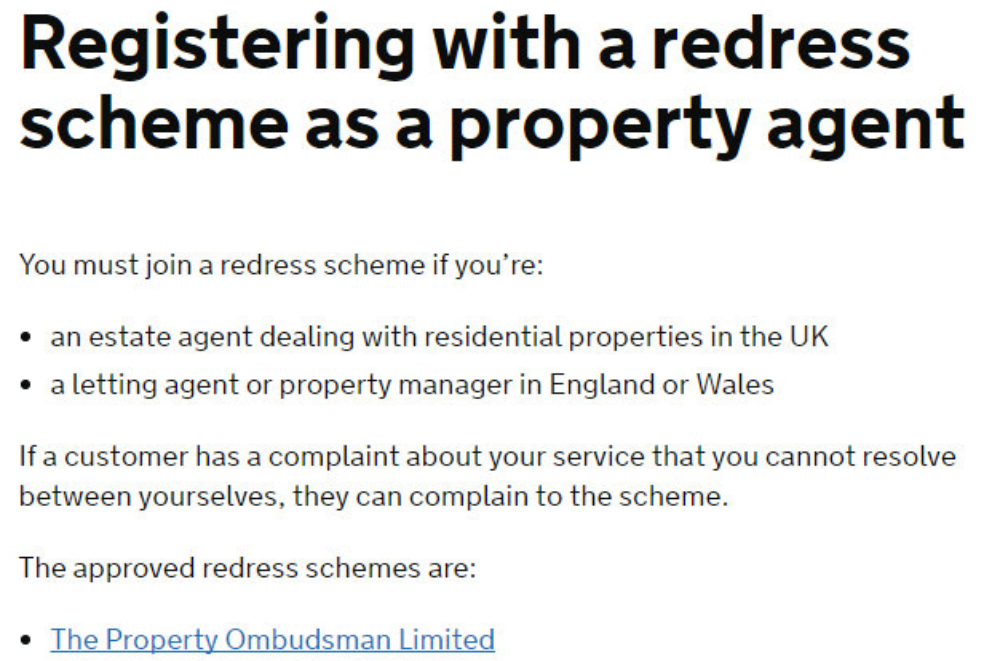A4.11 Resolving Tenancy Disputes¶
What are your rights regarding UK rental property? Dispute resolution for international students
What to do if your UK landlord or letting agent doesn't return your deposit?
Due to official UK regulations, all tenancy deposits must be submitted to a third-party deposit protection scheme, i.e., a custodian authorised by a government-approved Protection Scheme. You should receive a series number and a deposit protection certificate with your name on it.
If your deposit has been protected in a scheme, you can assert your rights as follows:
Gather and save all relevant evidence.
Confirm you have not breached the tenancy agreement.
Contact the third-party deposit protection scheme holding your deposit directly, submit your evidence, and the scheme will pass the case to an independent adjudicator.
If either the landlord/agent or the tenant is dissatisfied with the adjudicator's decision, they can escalate the matter to court.
Students can take their evidence directly to their university's International Office (IO) to seek legal assistance. Normally, universities provide free legal support, including access to a free solicitor.
TenLitCat reminds you that evidence generally needs to be submitted to the third-party deposit protection scheme within three months.
If your landlord or agent did not protect your deposit in a government-approved scheme, you can:
Gather and save all relevant evidence.
Contact your letting agent or the specific landlord who rented the property to you.
If you cannot reach that landlord or agent, or if it's a registered agent with a physical premises in the UK (if it's an "agent" with no physical premises or who didn't show a license – for instance, if they were in the UK on a tourist visa and you have no details about them...)
Contact the actual property owner.
Seek help from the local council where the property is located.
Seek help through the university's IO. Most UK universities offer free legal support to their students.
What to do if your UK landlord or agent charges unreasonable fees?
If the agent or landlord charges unreasonable fees, such as a checkout fee, an excessive cleaning fee, or any other cost you shouldn't be liable for, you can assert your rights as follows:
In these situations, refuse to pay. If, after your refusal, they prevent you from moving in, withhold your deposit, or deduct from it based on this, keep all related evidence. If you have already paid unreasonable fees to the landlord or agent:
Gather and save all relevant evidence.
Formally request via email or text that the landlord/agent ceases charging these fees, and demand a refund for any already paid. Note: If having phone or in-person conversations, make a very clear recording.
If step 2 fails, report the issue to the relevant Redress Scheme (see Note 1).
If step 3 fails, report it to the local council where the property is located.
If step 4 fails, inform your university's IO and seek legal help. Most UK universities offer free legal support to their students.
With legal help from step 5, you can take the agent or landlord to the First-Tier Tribunal, which can be done via the official website: https://www.gov.uk/housing-tribunals
TenLitCat reminds you that normally, by step 4 (involving the local council), the issue is usually resolved. More reasonable landlords or agents will often resolve it at step 3.

TenLitCat reminds you that if you have already paid unreasonable fees to the landlord or letting agent, and successfully get a refund after disputing them, should the landlord or agent then intentionally try to evict you or similar, as long as it is not the tenant's fault and you have not breached the tenancy agreement, you can start the process outlined above again.
Note 1: Redress Scheme. By law, all letting agents must be registered with a Redress Scheme. If an agent fails to join one, they risk having their licence revoked and facing fines.

Local Authorities in the UK
If your landlord did not sign a contract with you, refuses to provide one, asks you to move out early without you having breached the agreement, evicts you without reason, discriminates against or harms you, or rents you a property that is damaged or leaking, etc., you can contact the local council where the property is located directly. The council will help you protect your legal rights. If the landlord still persists unreasonably, the council can impose appropriate penalties, such as fines or a negative record, with serious cases potentially leading to prosecution.